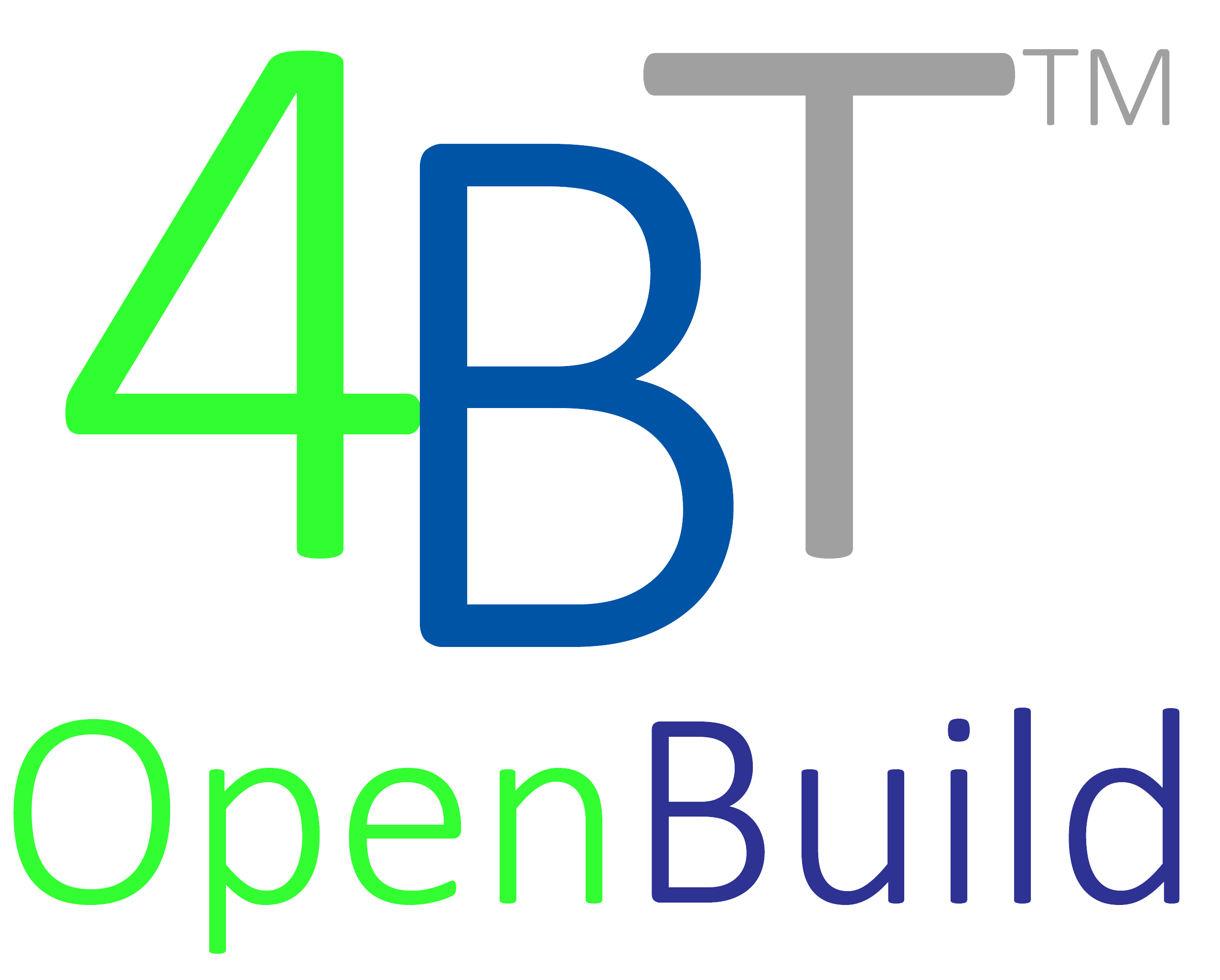LEAN Job Order Contracting enable real property owners to Consistently Procure and Deliver Quality Repair, Renovation, and New Construction Project On-time and On-Budget
Waste and inefficiencies that cause repair, renovation, or new construction projects to fail to meet owners’ expectations are common. These issues can be minimized with Integrated Project Delivery (IPD) in the form of Job Order Contracting, a process that changes the traditional roles and relationships of key project stakeholders.

Increased early and ongoing collaboration within a common data environment (CDE) consistently drives highest value project planning, procurement, and delivery outcomes.
LEAN job order contracting outperforms design-bid-build, design-build, and other forms of project delivery
with respect to performance, communication, change management, and business performance areas. Job Order Contracting (JOC) is a competitively bid, firm-fixed price, Indefinite Delivery Indefinite Quantity (IDIQ) delivery system. Under this system, the contract document defines a specific unit price book (UPB) which establishes unit base prices for a list of service items the contractor will provide during the term of the contract. The UPB should be locally researched and not based upon national averages, or rely upon cost factors for localization. Contract award is based on a coefficient which the contractor will multiply against the UPB prices and a best value selection process. The coefficient represents the contractor’s overhead and profit. Each task order is priced by multiplying the total of the prepriced UPB priced line items times the contractor’s coefficient.
Despite the ready availability of tools and services to deploy Job Order Contracting, transformational change is limited by current levels of real property owner leadership and competency. Integrate project delivery via LEAN Job Order Contracting is thus not prevalent throughout the architecture, engineering, construction, or facility management industries.
Evidence of superior outcomes can be quantified using key performance indicators (KPIs) and continuous improvement achieved. Virtually all construction planning, procurement, and project delivery attributes are enhanced using Job Order Contracting as a result of more engaged and empowered internal and external project teams greater stakeholder involvement.

Additional Information Resources for Job Order Contracting Best Management Practices:
ASU Alliance for Construction Excellence
